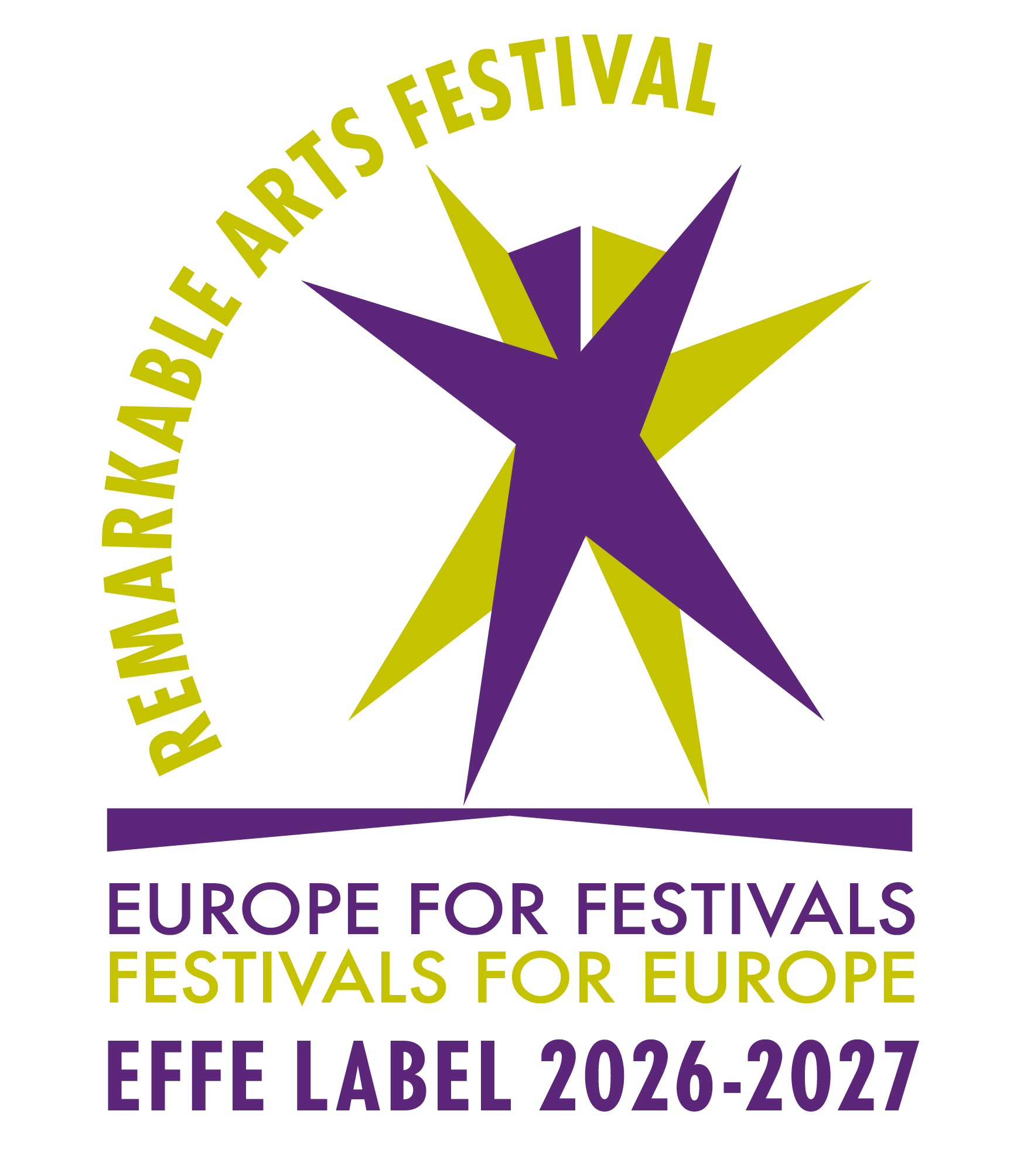- home
- festival
- festival 2025 – XXXII
- festival 2024 – XXXI
- festival 2023 – XXX
- festival 2022 – XXIX
- festival 2021 – XXVIII
- festival 2020 – XXVII
- festival 2019 – XXVI
- festival 2018 – XXV
- festival 2017 – XXIV
- festival 2016 – XXIII
- festival 2015 – XXII
- festival 2014 – XXI
- festival 2013 – XX
- festivals archive 1994 – 2012
- tickets
- foundation
- projects
- productions
- events
- news
- contacts
KK // I’m a kommunist kid
Glen Çaçi
May 15, 2015 19:00
Teatro Cantiere Florida di Firenze | IT
Also on
May 16, 2015 21:00
He who finds his fatherland sweet is only a cute beginner; he for whom every land is
like his own is already a strong man; but is only perfect he for whom the whole world is a foreign country.
Ugo da San Vittore
The actual essence of karaoke-culture can be found in the ostentation of an anonymous I with the help of simulation games.
Today people are more interested in running away from themselves than to discover their authentic self. Meanwhile, the I has become boring and belongs to another culture. The possibility of transforming oneself, of living metamorphoses and of teleporting ourselves into something or someone else is much more interesting than digging inside the I. The culture of narcissism has been transmuted into karaoke-culture, or has simply become its consequence.
Dubravka Ugresic
What does it mean to be an emigrant twice? Will I find the right place to live? Does it exist the right place? Artwork as experience of life: Life as art: Art as job?
Is beauty conditioned by one’s historical background, by one’s childhood roots? In which terms can we talk of identity, belonging and roots, today, in the ’10s of this twenty-first century? What differentiates us, if anything does, from the previous centuries and modernity? And in what measure can we play today with our identity, an ontologically complex and fractal entity, to put in dialogue with past and future, reinventing it as we like? Are there privileges that allow us to do it with more or less freedom? What are they? As a European citizen, am I perhaps freer than my brother?
What is the relationship between citizenship, freedom and imagination?
Italian-Albanian choreographer Glen Çaçi decides to articulate these and other questions. As a new European citizen, he explores his Albanian roots with his brother, who also emigrated to Europe in the ’90s, and who has been missing from Albania for sixteen years but is still awaiting Spanish citizenship.
They both, from different point of views and conditions, confront each other on stage through their memories of Albania, a pre-globalization Albania lived during their childhood and adolescence; an Albania that they therefore reinvent by necessity on an imaginative-mnemonic level through their current perspectives.
KK is a political-performative reflexion on territorial property and cultural identity, filtered through a dry and stinging irony; a contemporary choreographic translation of the aesthetics of a post-communist childhood.



